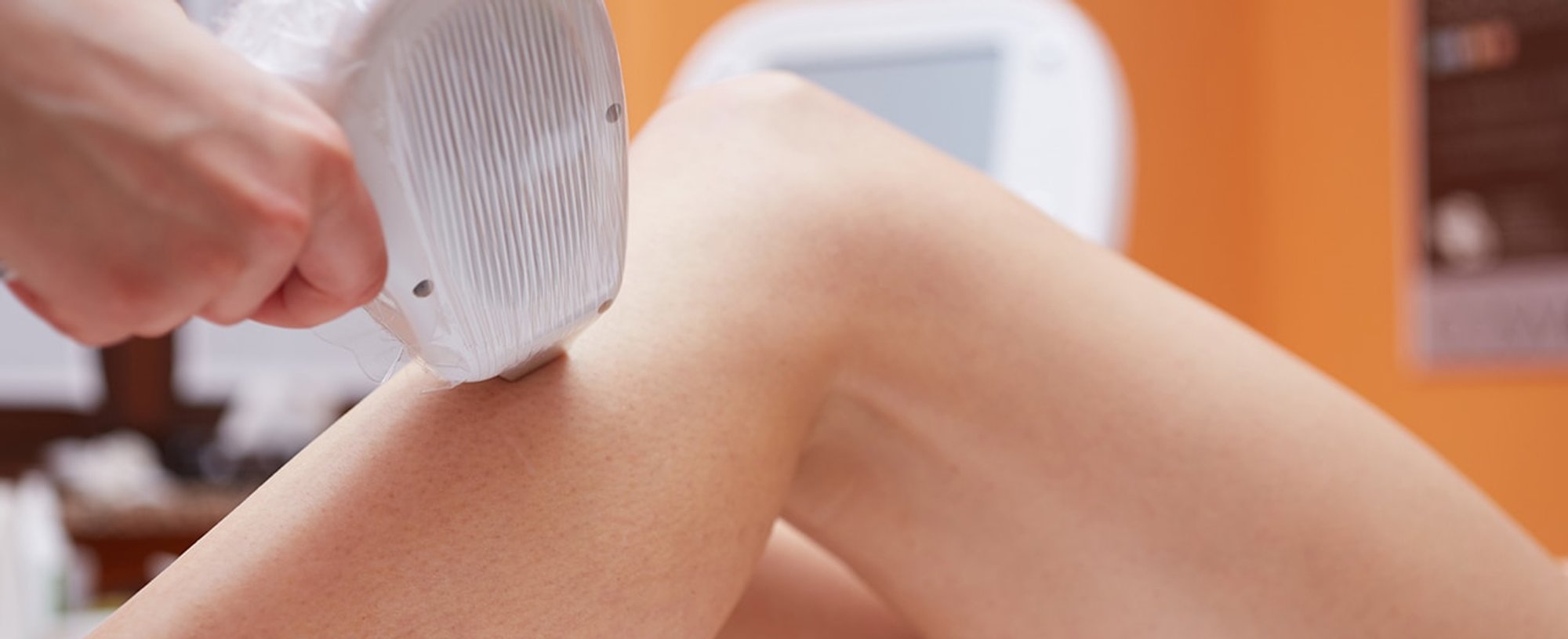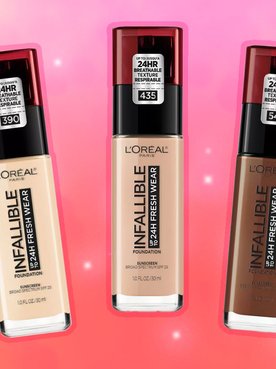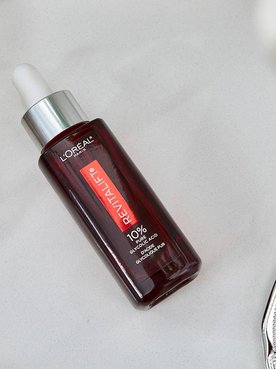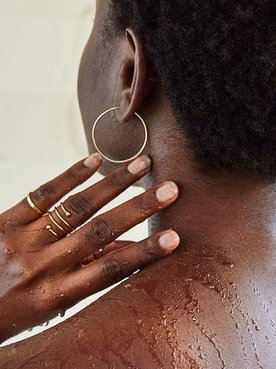We love summer—the warm weather, pretty sundresses, and lasting sunshine have a way of giving us an extra pep in our step. The one thing we’re not a big fan of now that warm weather is in full swing all over the country? Shaving! While you can get away with skipping a day (or a few) of shaving in the winter, summer isn't quite as forgiving. If you’re tired of keeping up with constant hair removal, you may be starting to consider permanent hair removal—but that might raise a few questions. For example, can you do permanent hair removal at home? Or, will a permanent hair removal cream really work? Keep reading to learn more about three different permanent hair removal options to figure out if one may be right for you.
3 Permanent Hair Removal Options
There is no miracle permanent hair removal cream, but there are quite a few options to consider when it comes to removing hair permanently. As for which is the best method of permanent hair removal, that all depends on you. Read on to learn about three options and be sure to do your research to determine which method makes the most sense for you.
Option #1: Laser Hair Removal
Laser hair removal is one of the most popular options when it comes to removing hair permanently. The Mayo Clinic states that laser hair removal uses a concentrated beam of light, or laser, that is absorbed by the pigment (melanin) in the hair. This light energy is converted to heat which damages the hair follicles that produce hair to inhibit or delay future growth. It can be used to treat your back, bikini area, chest, face (including the upper lip and chin), neck, and shoulder, per the American Academy of Dermatology (AAD).
There are also at-home laser hair removal devices, but they may not be the most effective. While these devices can cause some hair reduction, there are no large studies comparing their effectiveness to that of professional treatments, per the Mayo Clinic If you’re considering getting laser hair removal at home or with a professional, there are a few things to keep in mind.
1. Laser hair removal requires a contrast between your skin tone and your hair color, according to the AAD. So if you have a fair complexion and also have blonde, white, or gray hair, laser hair removal might not be a good permanent hair removal option for you.
2. The AAD states that people with darker skin tones are more prone to burns and hyperpigmentation as a result of laser hair removal. So be sure to seek treatment from a medical doctor who is extremely skilled in using lasers and has in-depth knowledge of all skin types.
3. According to the FDA, sunlight should be avoided post-laser hair removal. So follow your doctor's advice for avoiding sun exposure before and after treatment. Whenever you go out, make sure to apply a facial broad-spectrum SPF of 30 or more sunscreen, like the L’Oréal Paris Revitalift Triple Power Day Lotion SPF 30 to your face. This anti-aging face moisturizer works to keep your skin hydrated with skin care ingredients like pro-retinol, vitamin C, and hyaluronic acid, while offering a layer of sun protection.
Option #2: Intense Pulsed Light
Intense Pulsed Light (IPL) is similar to laser hair removal in the sense that they both use light to target melanin in the hair shaft, according to a study from the National Center for Biotechnology Information (NCBI). The main difference between the two is that IPL does not involve the use of a laser. IPL uses a wider range of light that helps to spread the energy around the skin’s area, targeting more hair. And it can be done on all skin tones, per the NCBI study. However, you’ll still need multiple sessions for IPL hair removal. It’s also important to note that there are potential side effects (like with any medical treatments). The NCBI study notes that adverse effects after IPL treatments include blistering, crusting, and (rarely) scarring.
Option #3: Electrolysis
As a third option, electrolysis can be used to permanently remove hair. This hair removal process involves the use of a thin needle that gets inserted into the opening of a hair follicle. Then a small electrical current is applied to destroy the hair growth cells, according to the Cleveland Clinic. While electrolysis is a time-tested method, it’s important to note that it can be painful and, over time, can cause redness, scarring, and dark spots in areas that were previously treated. The Cleveland Clinic also states that each session lasts between 15 minutes to one hour, and can treat areas such as the eyebrows, face, thighs, abdomen, breasts, and legs. For the first 24 hours after treatment, it is advised to stay out of the sun and not apply any makeup over the area that has been treated.
Photo Credit: Shutterstock





